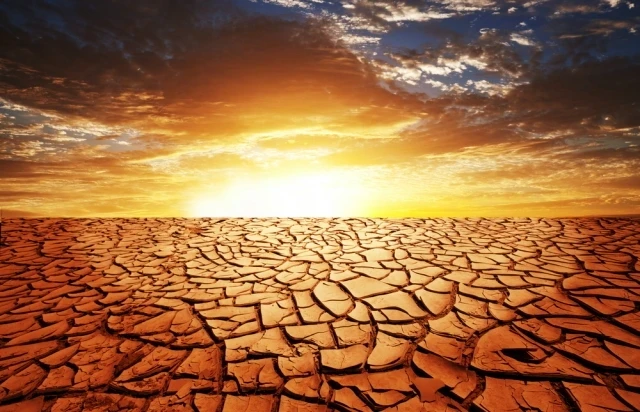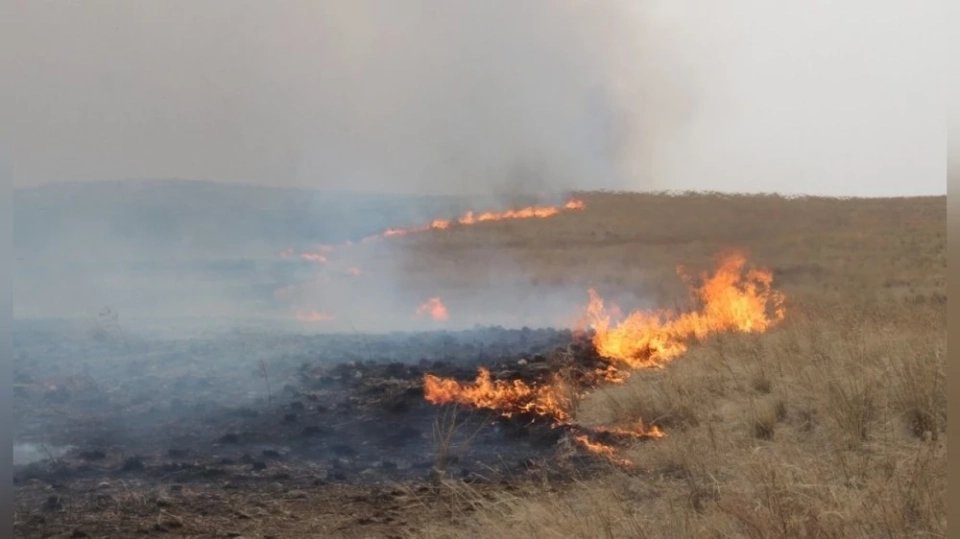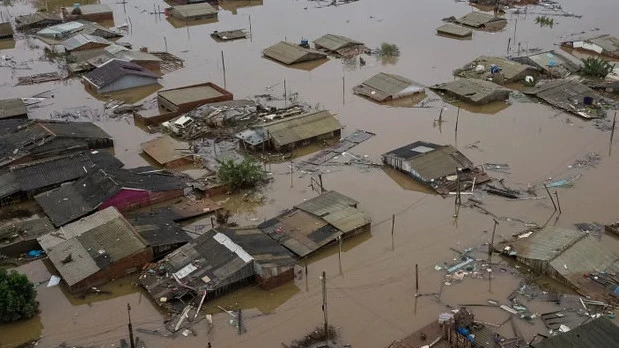
During the discussion, experts emphasized that Central Asia is one of the most vulnerable regions to climate change. The rate of temperature increase here significantly exceeds global averages, and specialists warn that without intervention, temperatures in some areas could rise by 5–6 °C by the end of the century. The region is already facing the consequences of extreme weather conditions, such as droughts, reduced water supplies, and instability in hydropower, which directly affects food security and social stability.
Experts also pointed out the threat to public health. Rising heat leads to an increase in cases of heat-related illnesses, exacerbation of cardiovascular and respiratory diseases, and dehydration. Research data shows that climate change can negatively impact reproductive health and the health of mothers and newborns.
Labor productivity decreases in hot conditions, especially among those who work outdoors, such as agricultural workers, construction workers, and service sector employees. The most at risk are women, informal sector workers, street vendors, as well as children and the elderly, who often lack access to cooling systems and protective measures.
Representatives from Kazakhstan and Tajikistan noted that the lack of scientific data on the impact of heat stress on health complicates the development of effective government strategies in this area.








